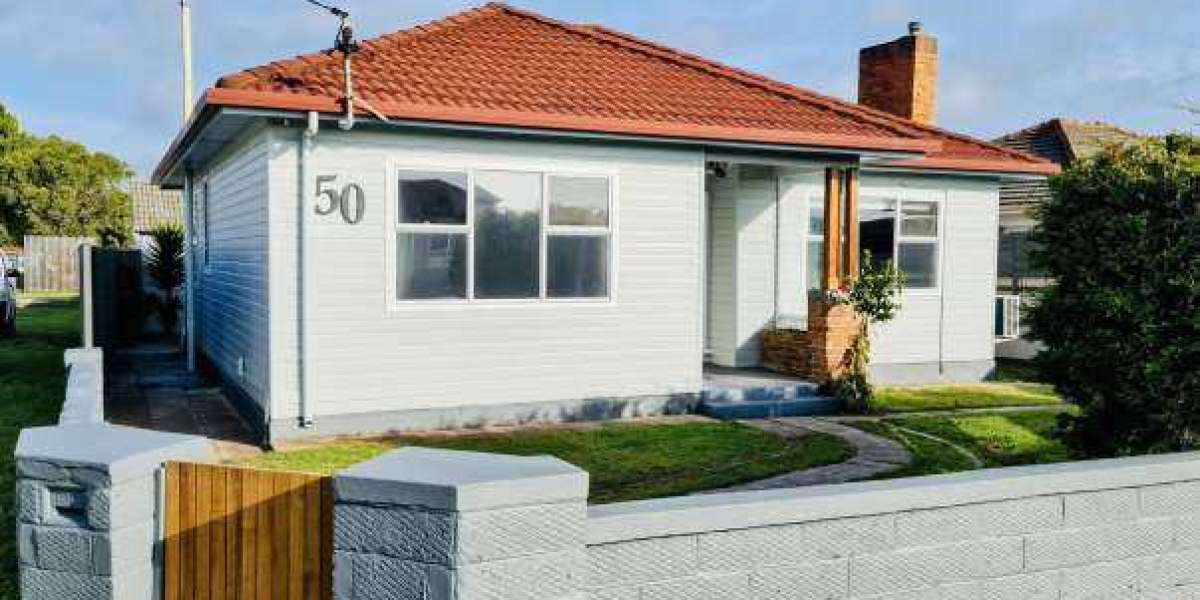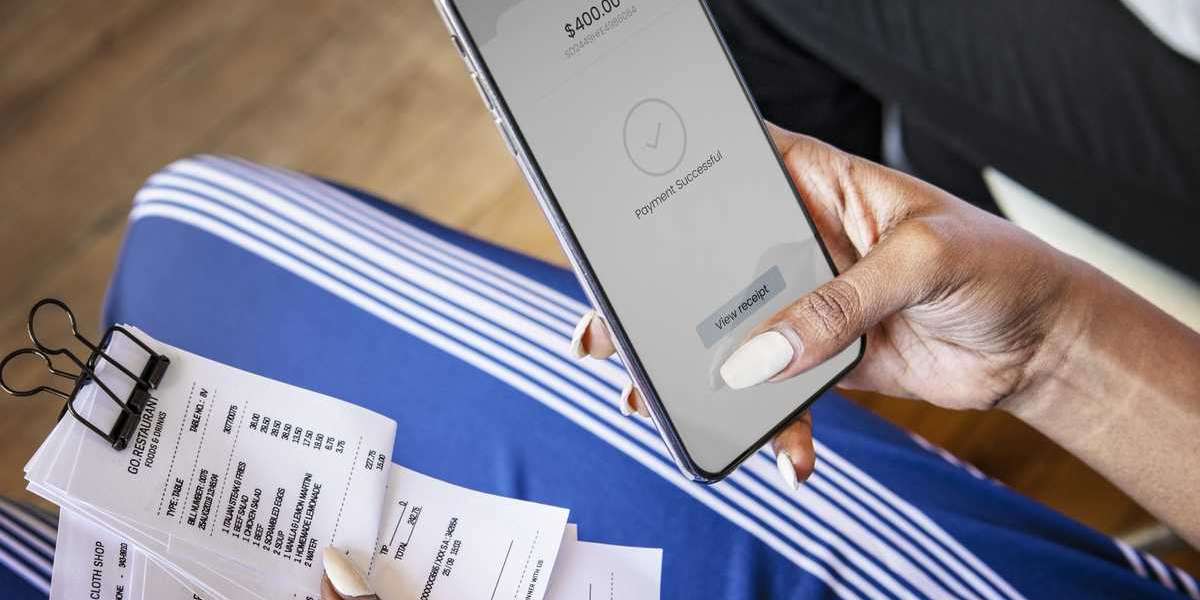Selling a rental property in Australia can be a profitable move, but it also comes with tax obligations that you must handle carefully. If you're planning to sell, it's important to understand what the ATO requires and how the tax on rental property sale works. Whether you're listing your property through an agent or using a platform like For Sale By Home Owner, knowing your tax responsibilities will help you avoid surprises and stay compliant.
Capital Gains Tax (CGT)
The primary tax you’ll need to consider when selling a rental property is Capital Gains Tax (CGT). This tax applies to the profit you make from the sale of the property. The ATO considers the difference between your property's purchase price (plus eligible costs like legal fees and stamp duty) and its selling price to determine your capital gain.
If you’ve owned the rental property for more than 12 months, you may be eligible for a 50% CGT discount as an individual. This means you only pay tax on half of the capital gain, which can significantly reduce your tax burden.
Let’s say you bought a rental property for $400,000, and you're now selling it for $600,000. After factoring in purchase and selling costs, your capital gain is $180,000. If you've owned the property for more than a year, you may only need to pay tax on $90,000 of that gain.
Reporting Your Sale to the ATO
One of the most crucial steps in the process is understanding what the ATO requires from you when you sell. The ATO expects you to:
- Report the sale on your income tax return for the financial year in which the contract is signed (not the settlement date)
- Include the full details of the capital gain or loss
- Keep detailed records of the property's purchase, improvements, expenses, and sale
Failing to report the capital gain can trigger audits and penalties, so ensure your records are accurate and your reporting is timely.
Depreciation and Adjustments
If you claimed depreciation on the property over the years, the ATO may require you to adjust your cost base to account for those claims. This will increase the capital gain amount. Depreciation can be a valuable tax deduction while you own the property, but it can slightly increase your CGT liability when it’s time to sell.
It’s also worth reviewing any capital improvements you made to the property. These can increase your cost base and reduce the capital gain, thereby lowering the tax on rental property sale.
GST and Rental Properties
In most cases, GST does not apply to the sale of residential rental properties. However, if the property is new residential or part of a property development business, GST may be relevant. If you're unsure whether GST applies to your sale, seek professional tax advice before finalising the transaction—especially if you're using For Sale By Home Owner to sell the property privately.
Withholding Tax for Foreign Sellers
If you’re a non-resident selling a property in Australia valued over $750,000, you’ll be subject to Foreign Resident Capital Gains Withholding. This requires the buyer to withhold 12.5% of the purchase price and remit it to the ATO unless a clearance certificate is provided.
A Property Sale Tax Checklist
To simplify the process, follow this quick checklist before and after the sale:
- Calculate your capital gain or loss
- Check eligibility for CGT discounts
- Update your tax records with all improvements and expenses
- Confirm GST obligations (if any)
- Ensure you meet what the ATO requires for documentation
- Include the capital gain in your income tax return
- Seek professional advice for accurate reporting
Final Thoughts
Understanding the tax on rental property sale is essential if you want to maximise your return and stay compliant. Selling through For Sale By Home Owner can save you on agent fees, but you must take full responsibility for meeting your tax obligations. Knowing what the ATO requires, from CGT calculations to proper recordkeeping, ensures a smooth and legal sale process.
Before listing your rental property, take time to review your finances and talk to a tax professional. With the right approach, you can handle the sale confidently and make the most of your investment.



